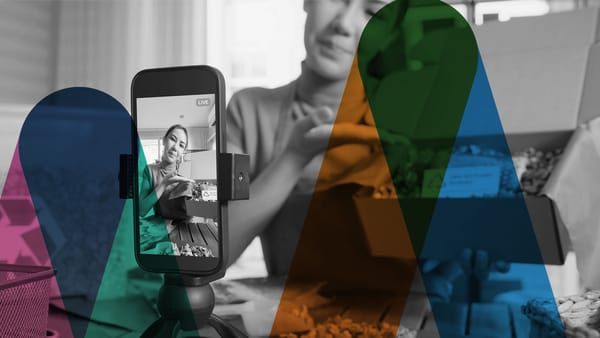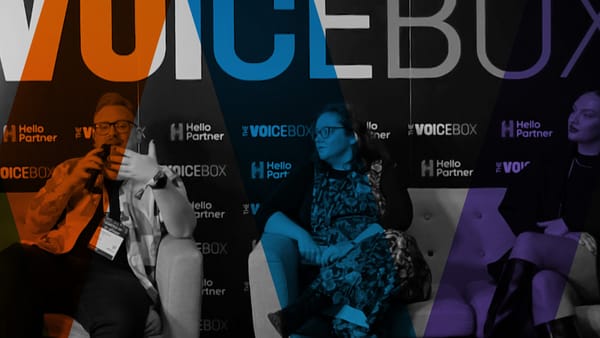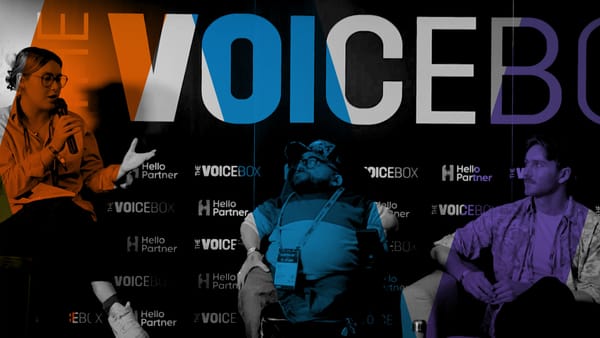Low street value
The likelihood of finding a nano-influencer represented by a reputable agency is slim. The reason for that is simple – their street value is low. Typically, they are only receiving free low-cost products or earning less than $30.00 in exchange for content. I, for sure, do not get out of bed in the morning to take a 20% margin on a $30.00 deal that may involve the same amount of work that a $10k campaign deal would require.Wealth of issues
When working with NI’s, the wealth of issues that could occur are vast. Typically, the brand reaches out directly to the NI’s themselves, via direct message with a vague offer. The brand will offer a free gift or a PayPal fee in exchange for ‘x’ number of social mentions. More often than not, the brand will not give a detailed outline of what is expected, and more importantly, will not make the NI aware that legally, they must disclose such partnership using #ad. Why doesn’t the brand provide a detailed brief from the onset you may ask? Time is money, and they too would prefer not to waste time on such a risky business.Non-disclosure
The biggest issue is certainly around the non-disclosure of the partnership. Unfortunately, for brands engaging in these partnerships, FTC regulation is still a grey area, which is poorly regulated. The chances of the FTC chasing down such NI in today’s climate is highly unlikely. Ultimately, in a lot of ways, that is where this issue stems from. If the brand is getting away with this time and time again, why stop? I am a law-abiding citizen but seeing as I have never heard of anybody being fined or arrested for jaywalking, I’ll happily jaywalk every day in NYC until I see punishment enforced.
Beyond the FTC issues, most of the other problems that could pop up are not dissimilar to issues that Socialyte sees when working with influencers who are less well versed in the space. With that being said, a dedicated team of ‘first responders’ who are on hand to mediate the entire process and catch and resolve issues before they evolve and cause any real damage is a good idea. Damage control is key when working with people in any industry – people make mistakes and human error is natural. However, by having layers of review, we eliminate 99% of those sometimes, unavoidable risks.
Common issues
- The product does not arrive on time, never arrives, or arrives damaged. This will shift timelines and may mean that the influencer is not able to produce content within the desired timeline, which can be detrimental if the content is slated to go live around a specific occasion or sale period
- NI’s will usually have a full-time job (or be studying full time), therefore they are not able to commit themselves to a set timeline
- They may display the product in a negative way, or a way not deemed appropriate by the brand. This may include the use of competing brands or products in the same content
- They may choose to work with brands or products that are currently illegal such as CBD or cannabis product. Same goes for alcohol, as the regulatory controls for working with alcohol brands are very strict and legally enforced
- Spelling mistakes could lead to mistagging of the brand and an unprofessional looking post
- The content may not suit the brand’s aesthetic and may welcome negative feedback from their following
- Followers may be more inclined to ‘hate’ on the NI as they attempt to embark on this new venture. Negative comments could hurt the brand
- Little to no return on their investment (paid or gifted product, in any case, this could still present a loss)
- NI could delete their content (or account) with no repercussions
- NI’s account could be hacked as they were not aware of preventative measures such as two-factor authentication and other ways to protect themselves
Why do brands work with nano-influencers?
With all of that being said, the reason that brands still choose to work with these individuals is that ultimately the cost to the brand is minimal, as is the effort and time taken to execute the program. One or two DM’s will be exchanged, and from there on, the deal has been sealed and brands cross their fingers and hope for the best.A NI, in theory, could be anybody with a public profile on a social media channel. Ultimately, we are all influencers to an extent. We each have a following because our followers are interested in knowing more about our lives – what we’re up to, where we are, who we hang out with, what we wear, who we date, what we eat and how we live our lives. Our followers are intentionally or not, judging us based on how we portray our lives on social media. A NI is somebody who is relatable to their followers and their following will usually be made up of like-minded individuals with similar interests or those who strive to live a similar life to that of which is being displayed on social media.Authenticity is invaluable
A colleague of mine recently received a private message from a fast fashion, low-cost jewellery company after she tagged them in one of her posts. This company offered her a free product in exchange for social posts. The items she received plus shipping costs combined were likely worth, in essence, no more than $5.00 in value at cost. She managed to sell two items, each at a $35.00 value. Sure, in this case, the brand got lucky; they happened to target a NI with the equivalent to a Harvard Master’s degree in Instagram. The dark side of that? I was one of the foolish consumers of the $35.00 necklace and my necklace simply never arrived. Three months have passed, as has my determination to continue to email a non-responsive customer service email address. Not only am I now left with a sour taste in my mouth about the brand, but the authenticity of my colleague must naturally be called into question – authenticity is invaluable and the risks here are too vast.







